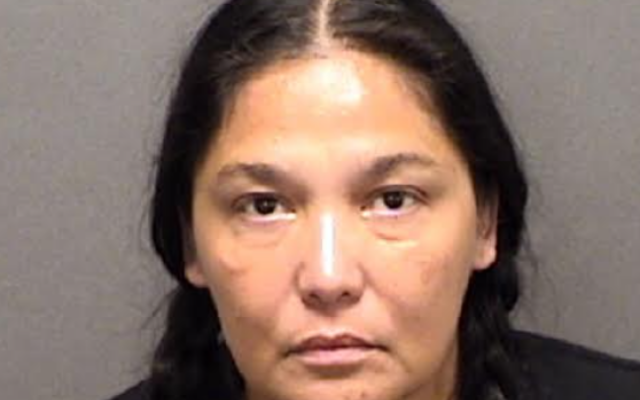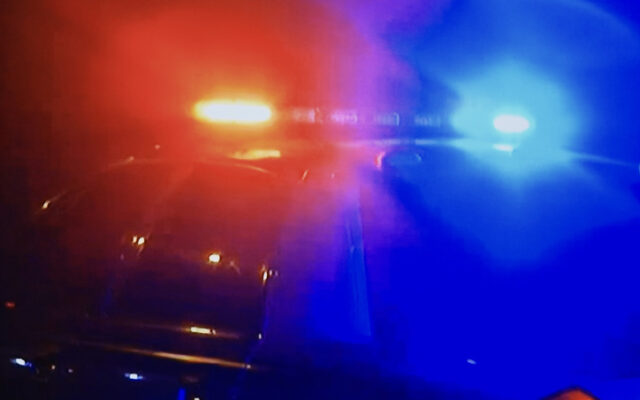War, Terrorism, Rights and Rule of Law in June’s Reading List

We’re going to remember 2020 for a lot of different reasons. We don’t even know all of them—yet. But where some people finally learned to “Zoom” or bake bread, I’d like to think a lot of people finally found that elusive “time to read a good book”. If you did, let me share what I’ve been into.
“Perfidia” by James Ellroy (2014) Ellroy is probably my favorite crime writer, but I don’t recommend him lightly. He writes in the slangy patois of the era his book is set in, so it can be hard to get. You should try, though. The author of bestsellers like “L.A. Confidential” and “The Black Dahlia”, Ellroy here is doing a prequel to his LAPD stories. The setting is the days just before and just after the Pearl Harbor bombing, and how it plays with LA’s Japanese-American population, and Ellroy’s fictional and real-life characters. Profane, stark, suspenseful.
“The King’s Deception” by Steve Berry (2013) Berry’s Cotton Malone character is a versatile super-agent, and likable. His plots aren’t always so great, and this one is a miss. He combines Tudor-era secrets with modern-day intrigue, and I wasn’t buying it.
“Cold Service” by Robert Parker (2005) Spenser gets to repay Hawk’s longtime loyalty: after some guys almost kill Hawk, Spenser and Hawk go for more-than-retribution. Kind of a mirror image of the earlier novel, “Small Vices”, where it was Spenser almost dying and Hawk coming to his aid. Parker never disappoints. Give his books to a friend who claims they can’t “get into reading”, and this series will hook ’em.
“Gideon’s Trumpet” by Anthony Lewis (1964) I hadn’t read this since high school, when I wrote a paper about the Supreme Court case. Gideon v. Wainwright is what cemented an indigent defendant’s absolute right to competent, paid legal counsel. Clarence Gideon was an unlikely guy to be at the center of one of history’s most important cases, and Lewis tells a great story.
“Twice Shy” by Dick Francis (1981) Always sticking to the sport of horse-racing, Francis gives us a great ride: what would happen if someone developed a perfect computer program for picking winning horses? Everything you can imagine, and a few things you wouldn’t.
“The Golden Gate” by Alistair MacLean (1976) Pre-9/11 terrorism novels seem almost quaint now. Here, a terrorist team holds the president and some foreign dignitaries hostage on the middle of the Golden Gate Bridge. He has them at gunpoint, but also has the bridge set to blow.
“The Roots of American Order” by Russell Kirk (1974) You don’t read Kirk, you have to study him. I worked through this very slowly, but it was timely: Kirk takes you through the various historical influences on the Founding Fathers, to show where and how they found inspiration for the Constitution. Worth the study, especially right now.
“Greenmantle” by John Buchan (1916) When you read Buchan, you would never guess he wrote a century ago. His plots and characters are fresh and unpredictable. It’s as if Sherlock Holmes were an intelligence agent instead of a detective.
“All The Flowers Are Dying” by Lawrence Block (2005) From his Matt Scudder series, which has aged really well. Scudder is trying to solve two mysteries, which threaten to become one and the same, and also threaten his life and his beloved Elaine.
“The Only Plane In The Sky: An Oral History of 9/11” by Garrett Graff (2019) This is a fast-reading, well-done oral history of people involved in the events of September 11, 2001. From President Bush and top officials, to people fighting for their lives and fighting to save lives. Each short chapter has a specific theme, and no matter how well you remember the day, this book reveals and illuminates. Outstanding.
“The Ballad of A Small Player” by Lawrence Osborne (2014) An English fugitive from justice is gambling his way through the casinos of Macao. At first, you may wonder why you should care what happens. By the end, you do.
As always, please let me know if you try any of these. And clue me in on your favorite reads this summer!
You Might Also Like



